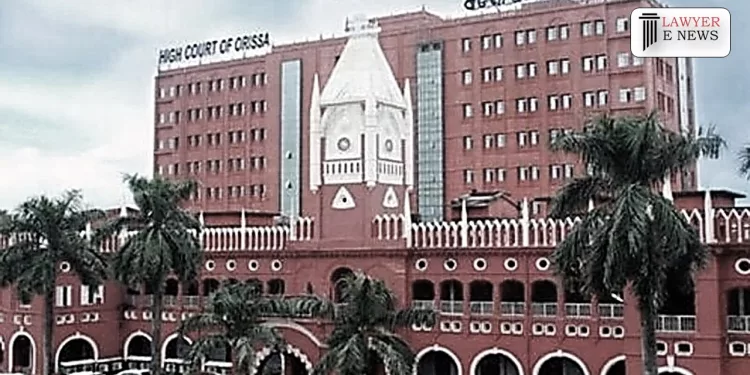Test Identification Parade of Accused Known to Witnesses Holds No Value: Orissa High Court Acquits Four in Dacoity Case

In a recent ruling, the Orissa High Court, led by Justice S.K. Sahoo, overturned the conviction of four individuals accused under Section 395 of the Indian Penal Code for dacoity, emphasizing significant flaws in the Test Identification Parade (T.I. Parade) process and procedural inconsistencies.
Legal Point of the Judgment:
The crux of the judgment revolves around the interpretation of Section 395 of the IPC, which defines dacoity. The court highlighted the necessity of the involvement of five or more persons for an act to qualify as dacoity. In this case, the charge and subsequent conviction under Section 395 IPC were set aside as the prosecution evidence indicated the participation of only four individuals.
Facts and Issues:
The appellants were accused of committing dacoity on 13th June 2010, involving cash, mobiles, and other belongings. The case rested significantly on the Test Identification Parade (T.I. Parade) and the recoveries made thereafter. However, the judgment underscored procedural irregularities in the conduct and proof of the T.I. Parade, including the non-examination of the Magistrate who conducted it. This non-examination was deemed a severe blow to the prosecution, as it disabled the defense from challenging potential irregularities.
Court Assessment in Detail:
Regarding Dacoity Charge: The court observed that the framing of the charge under Section 395 IPC was unsustainable, as the evidence only pointed to the involvement of four individuals, not meeting the threshold for dacoity.
On Test Identification Parade (T.I. Parade): Justice Sahoo noted that the legal sanctity of the T.I. Parade was questionable due to the non-examination of the Magistrate who conducted it. This was critical since the T.I. Parade held significant weight in identifying the accused. Additionally, the court highlighted that identification parades are of little value if the accused are already known to the witnesses.
Recovery of Articles: The court also observed that the recovery of certain articles from the accused could not conclusively establish their guilt, especially when their identification during the T.I. Parade and in court was fraught with doubts.
Decision: The court acquitted all appellants under Section 395 IPC due to insufficient evidence and procedural lapses in the T.I. Parade. The bail bonds of the appellants were discharged.
Date of Judgment: 4th April 2024
Baikuntha Bhoi, and Others v. State of Odisha






